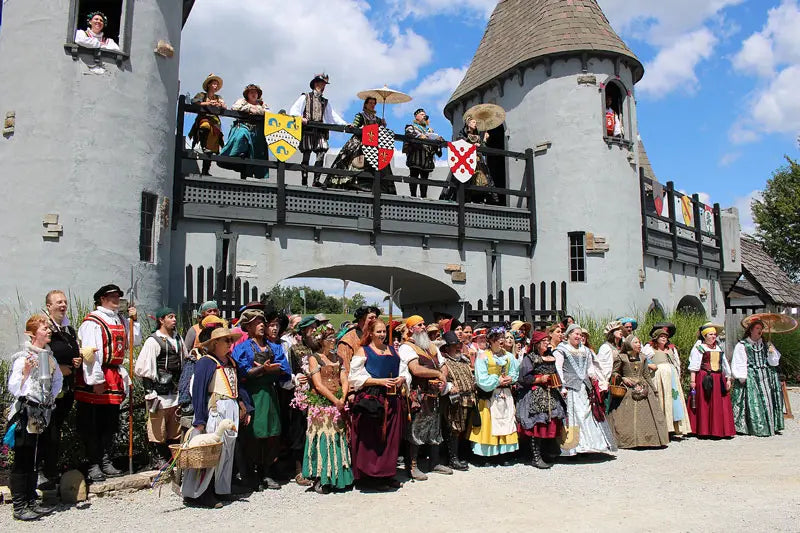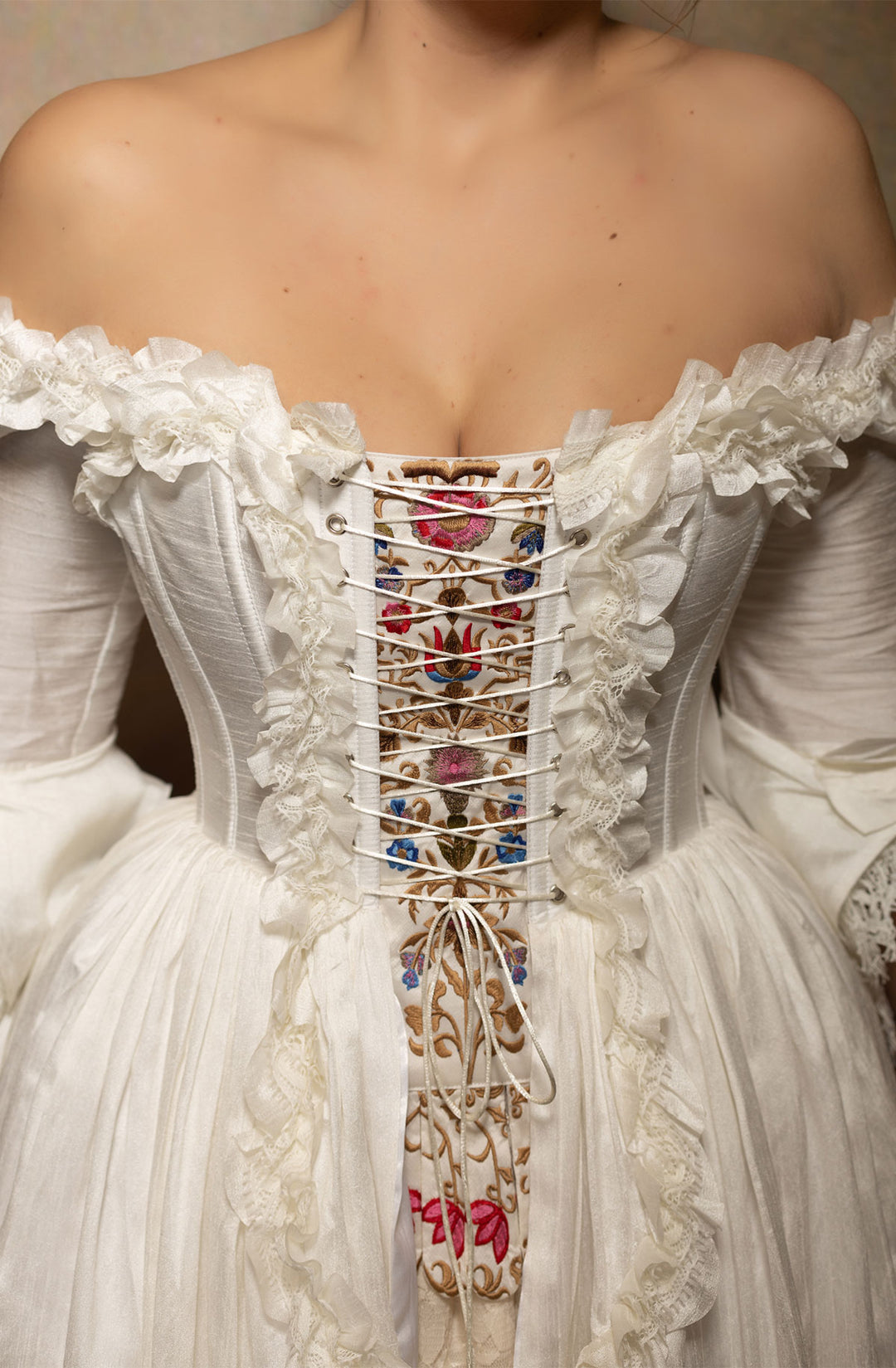
Robert Dudley, the 1st Earl of Leicester, was a pivotal figure during the Elizabethan era, originating from England. He was born on June 24, 1532, and lived until September 4, 1588. Dudley, best known for his close personal relationship with Queen Elizabeth I of England, carved his mark in history not only as a courtier but also as a patron of the arts and an influential politician.
In his youth, Robert Dudley, the 1st Earl of Leicester faced a series of predicaments due to his family's political conflicts, languishing in the Tower of London for a time. However, he emerged from these trials to find favor with the young and virtuous Queen Elizabeth, subsequently ascending the ranks of the royal court with remarkable speed. Gifted with charm and wit, Dudley quickly became an intimate companion and confidant of the Queen, igniting myriad speculations about the nature of their relationship.
Dudley's position as a close associate of the Queen and his remarkable standing at court allowed him to influence England's politics considerably during this period. As the 1st Earl of Leicester, he held significant authority, using his influence to impact policy-making and the machinations of the court. Robert Dudley, the 1st Earl of Leicester prominence only magnified when he was appointed the Commander-in-Chief of the English forces during the Spanish Armada, showcasing his military acumen.
Beyond the realm of politics, Robert Dudley, the 1st Earl of Leicester was also a significant patron of the arts. Dudley supported numerous playwrights, painters, and musicians, fostering a vibrant and thriving arts scene during his time. His patronage had a significant impact on the Elizabethan cultural landscape, prompting a plethora of artistic and literary works that remain celebrated to this day.
Robert Dudley, the 1st Earl of Leicester, therefore, was a unique blend of courtier, politician, military leader, and patron of the arts, leaving an indelible mark on England's Elizabethan era.






Leave a comment